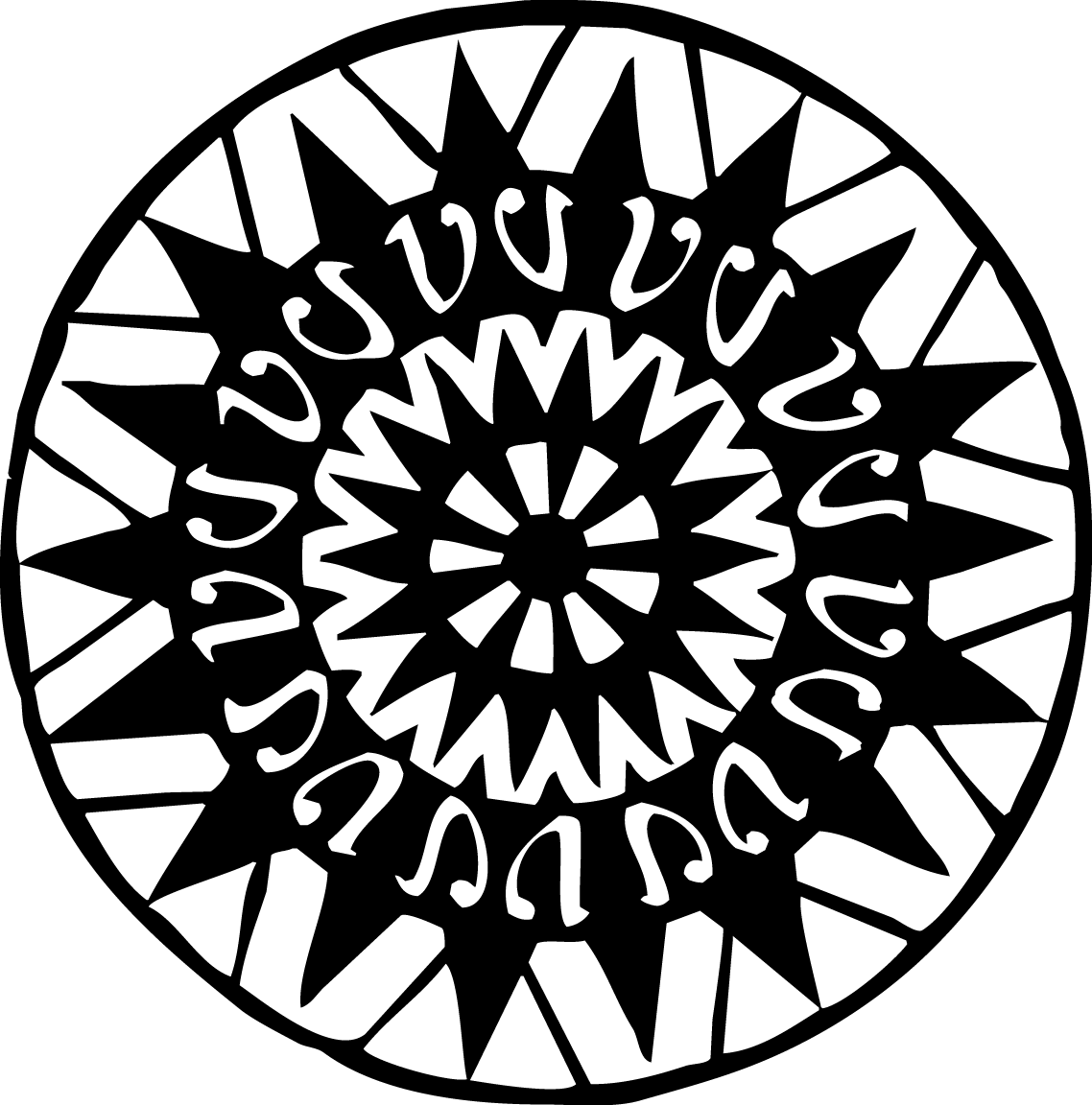The US healthcare system has been evaluated, poked and prodded for years to determine why it is broken and what it is going to take to fix it. McKinsey created an interactive tool that allows you to investigate some of the reasons the US spends more on healthcare than anyone else. Guess what? The issue is complicated. And something every industry is exploring.
The US pharmaceutical industry has spent billions developing products to fix health problems we have because of lifestyle OR because we were unlucky when our genetics were determined. We have a tendency to criticize US Americans for using pills to fix lifestyle problems but that is a convenient, one-sided criticism. When evaluating health, you have to consider both your genetic predisposition and your lifestyle.
Implementing a healthier lifestyle
I know I could do a much better job making my lifestyle more active and healthy. Like most US Americans, this is something I struggle with constantly. I am always trying to complete more physical exercise. Eat healthier. Exercise my brain more. Eat a healthy heart diet. Take steps to understand my family history, etc., etc.,
When I have a problem, my physician makes recommendations by looking at my current problems, my lifestyle and my family history. Family history is one of the most telling pieces in your healthcare story, but to use family history you must know who your parents are, have parents who were active participants in their own health, have a reliable oral history, have family members who have lived long enough to discover medical issues, etc., etc., And you have to keep in mind that what we inherit from our parents is quite complicated. Family members can be carriers for diseases but not have them.
Learning about our genetics
Genetic testing happens now, but it is not common for physicians and patients to have informed genetic discussions in the clinic. For consumers it is is confusing to know where you can go to get tested and/or how to interpret the data. Luckily, there are researchers, like Carlos Bustamante from Stanford University, exploring how science can be used to impact societal change.
If we bring genetics, instead of oral histories, into the clinic we may start to make better healthcare decisions.
This is a complicated topic that is going to be discussed more and more in the coming years. For further reading around topics discussed in this article I recommend:
The 2013 Internet Trends report. This report gives you an overview of Internet trends and touches on a few healthcare topics. Things like the quantified self are explored here (slide 24) and sparked a previous article, but there are also slides correlating premature death and lifestyle (slide 25) and the current costs of healthcare (slide 102).
Accounting for the cost of US Healthcare. This report by McKinsey looks at the cost of US Healthcare and lets you play around with an interactive tool.
Art + Biology. There are many artists exploring the intersection of art + biology to spark conversation. Cohen Van Balen had three pieces from the Genetic Heirloom series in the recent Cut/Paste/Grow exhibit at the Observatory in Brooklyn. The Genetic Heirloom series asks questions like: What happens when you know your genetic predispositions? How does that change familial relationships and how you live your life? Though the exhibit has closed, you can read a bit more about my take on the Cut/Paste/Grow exhibit here.
Newborn genetic screening. Today newborn babies are routinely screened for +/- 30 genetic disorders at birth. This website lets you see which disorders are screened in your state.
You own your genetic data. There have also been legal issues tied up in this complex topic, but in the last two weeks the US Supreme Court ruled that genes could not be patented (this is a good thing).
1000 Genomes. A deep catalog of human genetic variation.

